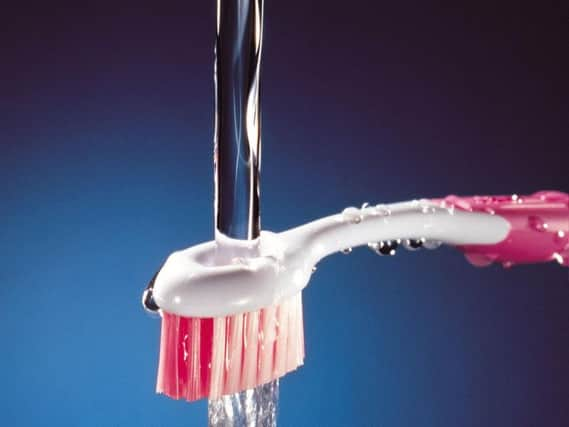Caller dials 999 - after swallowing toothpaste


North West Ambulance Service is reminding people not to call the emergency number unless they are seriously ill.
The service answered 4,111 emergency calls and attended 3,178 incidents on Christmas Day alone. The figure has increased on subsequent days, leading to some waiting for an ambulance.
Advertisement
Hide AdAdvertisement
Hide AdDirector of operations, Ged Blezard, said: “This Christmas has been one of our busiest ever and there are no indications that activity is going to reduce as we head towards New Year’s Eve – traditionally always our busiest day.
“On December 27, we were astounded to see that our control staff had answered 5,491 emergency calls and we know that not all of these required an emergency ambulance response.
“Unfortunately, there have been some patients who have been waiting longer than we would like but I want to assure the public that we are doing the very best we can to reach people as quickly as possible, but if your condition is not urgent, you will wait some time for a response or be given advice on other healthcare options.”
Among the other callers who were advised they did not need an ambulance were a person who had soiled themselves; a Lancashire caller who wanted a repeat prescription, and two people with chipped teeth.
Advertisement
Hide AdAdvertisement
Hide AdThe cold weather is also thought to be responsible for a spike in calls, with poor driving conditions and people with heart and lung conditions needing help.
Mr Fitzgerlad added:
“Ambulances must be kept free for those in urgent or life-threatening conditions and should not be used as a quick route into hospital. For coughs, colds and sore throats, seek advice from your pharmacist.”
He also reminded New Year partygoers not to drink to excess.
For non-urgent medical advice, call the NHS helpine on 111.